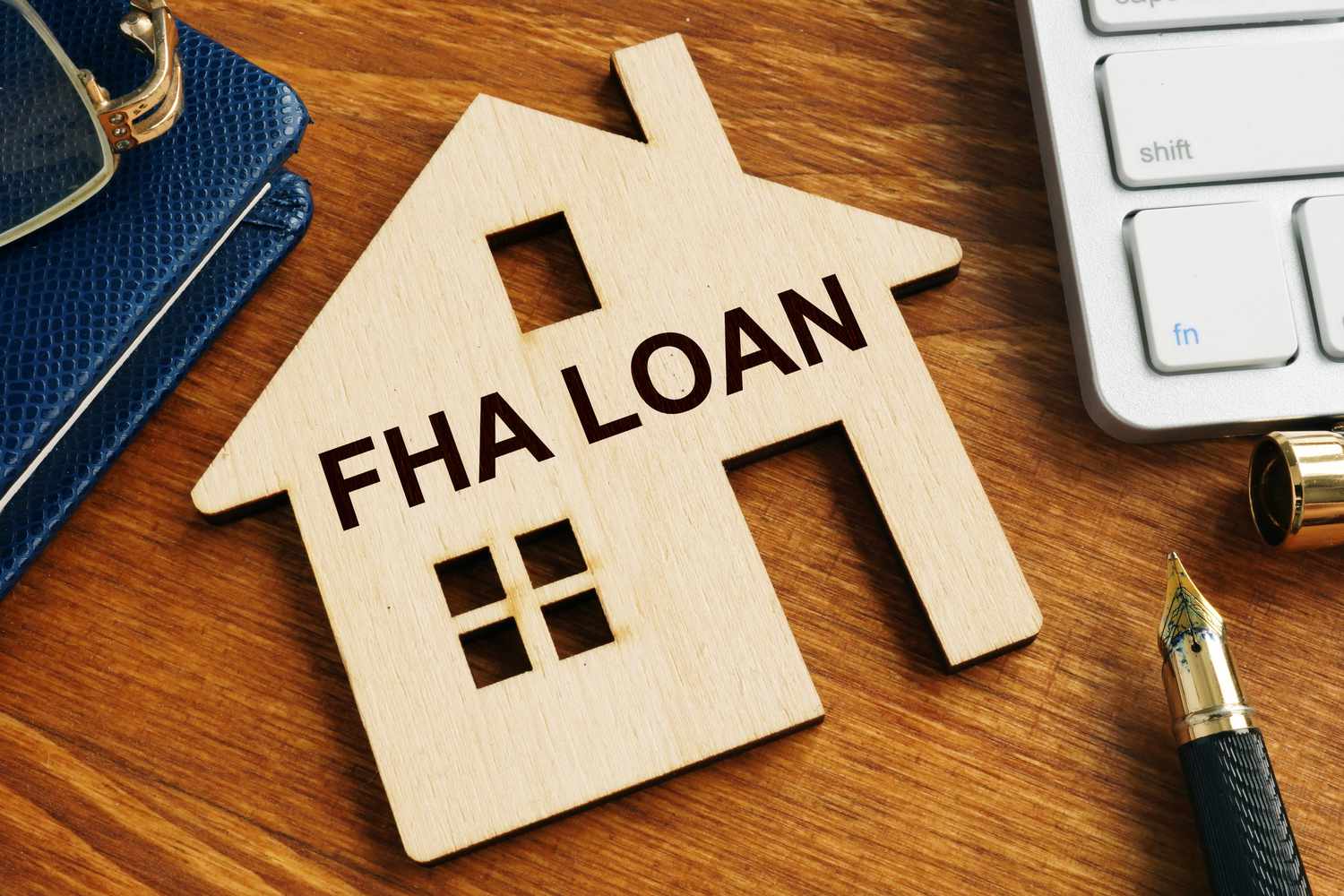FHA Loans: What They Are, Who Qualifies & How to Apply

FHA Loans
FHA loans are government-insured mortgages designed to help first-time and low-to-moderate income buyers get into a home with lower down payments and easier credit qualifying than many conventional loans.
What are FHA Loans?
FHA loans are mortgages insured by the Federal Housing Administration (FHA), a division of HUD. Because the FHA insures the loan, lenders can offer more flexible underwriting, lower minimum down payments, and more forgiving credit requirements compared with many conventional mortgage programs. FHA loans are available for 1–4 unit properties and are especially popular with first-time buyers.
Key Benefits of FHA Loans
-
Low down payment: With a qualifying credit score you can put down as little as 3.5%.
-
Flexible credit qualifying: Borrowers with lower credit scores or past credit challenges may still qualify with compensating factors.
-
Competitive rates: Interest rates for FHA loans are typically close to conventional rates because the loan is insured.
-
Widely available: Most mortgage lenders offer FHA-backed programs for purchase and refinance transactions.
Who Qualifies for an FHA Loan?
Basic eligibility highlights:
-
The borrower must occupy the property as their primary residence (1–4 units allowed).
-
Typical minimum credit score to qualify for the 3.5% down-payment option is 580; scores between 500–579 generally require at least 10% down.
-
Lenders look for documented steady income and acceptable debt-to-income (DTI) ratios; many lenders target around 43% DTI as a guideline but the max is 56% depending on credit score.
-
The property must pass an FHA appraisal that checks safety and habitability standards. Note: Individual lenders can add overlays (extra requirements), so shopping multiple FHA-approved lenders can improve your options and possibly get better terms.
Down Payment & Credit Requirements
-
Credit score 580 or higher: typically eligible for 3.5% down.
-
Credit score 500–579: typically required down payment of at least 10%.
-
Gift funds: FHA generally allows gift funds from family members and some down-payment assistance sources; lenders will require a gift letter and documentation.
FHA Loan Limits (County-Level)
FHA sets loan limits by county and by the number of units. Limits vary widely depending on local housing costs. In recent years the national floor for a single-family FHA loan has been in the mid-$500k range, with higher limits in high-cost counties. Always check the HUD/FHA county loan limits for your county to find the exact cap.
Mortgage Insurance (MIP): What You Need to Know
All FHA loans require mortgage insurance, which includes:
-
Upfront MIP: typically 1.75% of the loan amount (can often be rolled into the loan).
-
Annual MIP: paid monthly as part of your mortgage payment; the rate depends on loan-to-value, loan term, and program year.
In many cases, annual MIP must be paid for the life of the loan if the down payment is less than 10%. If you put 10% or more down, different rules may allow MIP to be removed after a period (confirm specifics with your lender).
Popular FHA Loan Types
-
FHA 203(b) Fixed-Rate: the standard FHA purchase mortgage.
-
FHA Adjustable-Rate Mortgage (ARM): lower initial rate with scheduled adjustments after the fixed period.
-
FHA 203(k) Rehab Loan: combines purchase (or refinance) with funds for home repairs and renovations.
-
FHA Streamline Refinance: simplified refinance option for existing FHA borrowers with reduced documentation.
How to Apply for an FHA Loan (Step-by-Step)
-
Check your credit score and review your budget.
-
Gather documents: recent pay stubs (typically 2–3 months), W-2s/tax returns (last 2 years), bank statements, photo ID, and business tax docs if self-employed. Lenders may request additional items.
-
Get prequalified or preapproved with multiple FHA-approved lenders to compare rates, fees, and overlays.
-
Find a home and make an offer contingent on an FHA appraisal.
-
Complete underwriting, lock your rate, and close on the loan.
Tip: Ask lenders for a Loan Estimate so you can compare projected closing costs and mortgage insurance charges side-by-side.
Frequently asked questions (FAQ)
Q: Can I use gift funds for an FHA down payment?
A: Yes. FHA permits gift funds from family members and certain charitable sources; lenders will require a signed gift letter and documentation of the transfer.
Q: How long do I pay mortgage insurance on an FHA loan?
A: If you put less than 10% down, annual MIP is typically required for the life of the loan. If you put 10% or more down, MIP may be cancellable after a set period — confirm the exact rules with your lender.
Q: Are FHA loans only for first-time buyers?
A: No. FHA loans are not restricted to first-time buyers. They are popular with first-time purchasers because of low down payments, but any borrower who will occupy the property as their primary residence and meets FHA/lender requirements may qualify.
Q: Where can I check the exact FHA loan limit for my county?
A: Use HUD/FHA’s county loan limit lookup on hud.gov to find the precise limits for 1–4 unit properties in your county.
Ready to get pre-approved or pre-qualified? Contact us today!
